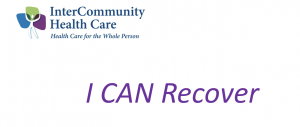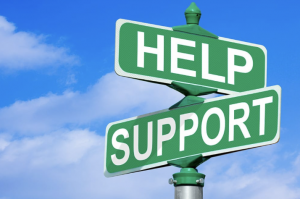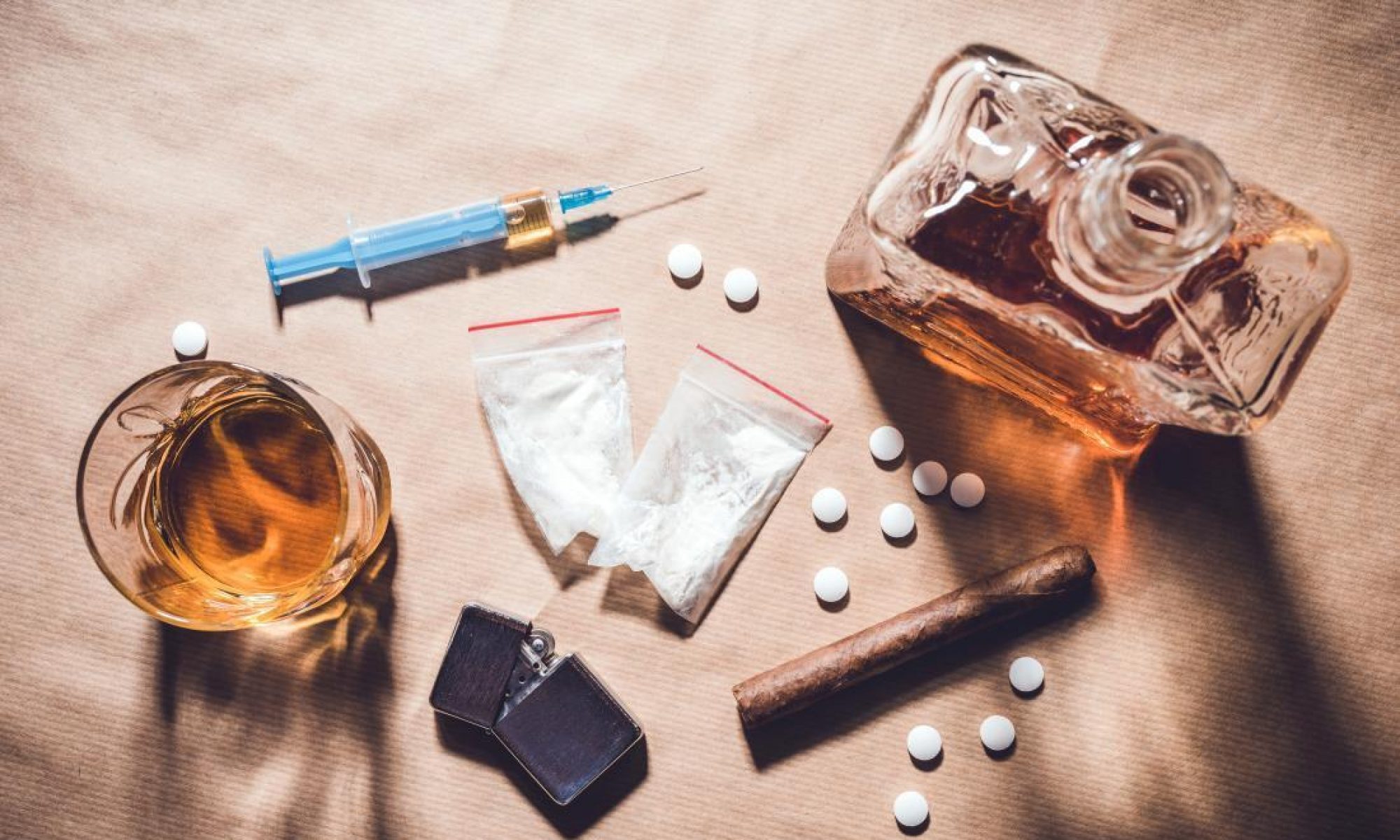About the Addiction Treatment Action Lab
The Liberal Arts Action Lab, is a community based class meaning we work amongst others at Trinity and Capital Community College as well as with community partners in Hartford. Community partners define problems facing the city and collaborate with teams of students and faculty to create research projects that take place during the semester. The goal of these projects is to strengthen the city, spark social innovation and support civic engagement.
The Addiction Treatment Team consists of five members, Jasmine who is a first year, Arianna who is a junior and 3 seniors, Nina, Adrian and Lauren; we are led by our faculty mentors Professor Brown and Professor Holt. Our community partner is Tyler Booth from Intercommunity Health. Tyler coordinates new program development (ICAN) ensuring that InterCommunity’s services align with what he calls the quadruple aim of improved health outcomes, patient experience, financial stability, and staff satisfaction.
InterCommunity Health – I CAN Recover Treatment Model
The I CAN Recover proposed by the InterCommunity Health Facility model is a new treatment method for drug and alcohol users. InterCommunity Health is focused to treat everyone as a “whole person;” they believe people are more than just their addiction. With this model they look to treat everything from their physical health, mental health, substance use behaviors, and any environmental stressors you could be experiencing. I CAN Recover understands that recovery is a lifelong journey that can’t be done alone.
This new treatment model proposed by InterCommunity Health, titled I CAN Recover, seeks to aid in creating overall consistency throughout the multiple treatment programs the organization offers. InterCommunity Health treats each individual as there own person while maintaining a degree of consistency so that if a patient moves from one treatment type to another (i.e. in-patient to out-patient), they continue to receive the same language from practitioners. The “I CAN” in I CAN Recover stands for identity beyond using, gaining core-competencies to achieve and maintain sobriety, practicing healthy actions, and developing a network of support. The three main parts of this model include: a set of “Recovery Philosophies” intended to maintain uniform language across treatments; “Core Competencies” that aid in establishing goals for patients; and “Skills” for helping patients cope with struggles that arise during the treatment and recovery process.

The individuals who work under this model want to make sure you are treated as a person, that you know that you are more than your addiction, you deserve choices and with I CAN Recover they will support and help one learn new skills and behaviors because recovery is not easy. What separates I CAN Recover from other more methods of treatment, this focuses on treating the whole person and their constantly in language across all levels of care; this way it eliminates all the unnecessary confusion. Right now, I CAN Recover offers 5 types of treatment, they have a detox facility where people spend around three to seven days, a short term 25-day inpatient treatment center above the detox facility and then a long-term treatment option like a 90 -day program or an outpatient option who are prescribed to MAT only.

Our Work
I CAN Recover is a unique approach to addiction treatment. In the Spring 2020 semester, the Trinity College Addiction Treatment Action Lab Team worked to answer the question “Is I CAN Recover more effective than other treatment models?” Our community partner’s goal is to eventually conduct an experiment to prove the benefits this program offers with the intention of making it available for other facilities to implement as well. Since this study was going to be something that took longer than the one semester we were given we had to think of a way to help our community partner with his initial steps. Our first idea was to assess motivation and confidence levels of patients to help with understanding the eventual data he would get after conducting his longitudinal experiment. Unfortunately, after meeting with our community partner we realized we did not have enough time in the semester to complete this project entirely so our community partner thought scaling down the scope of our project and changing the focus would be beneficial. We then changed the direction of our study and focused on creating a survey that would collect demographic information and assess the best way to contact patients once they left treatment. However, due to the COVID-19 pandemic we were not able to collect data in person, and we were forced to change our project one last time.
Our focus then moved to helping our community partner begin the initial steps in setting up his study. Our team first conducted a literature review to determine what the most effective research design’s by looking at similar treatment effectiveness studies. We decided that this was the best project to move forward with because we could complete it in the time we have left, and it is useful information for our community partner, InterCommunity Health, to use when designing their future study that answers the original research question.
Experiment Proposals
We proposed three research plans, based off of our research, that consist of a random assignment option, a pre-post option, and a quasi experiment option that all work to answer the question “is the I CAN Recover model more effective than other treatment models?”
